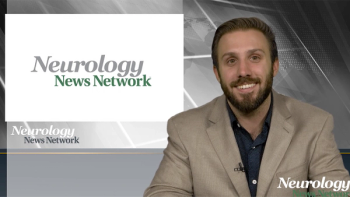
Neurology News Network for the week of October 20, 2018.

Neurology News Network for the week of October 20, 2018.
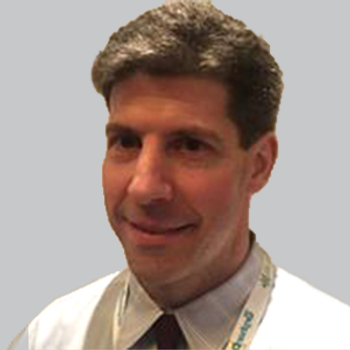
The gene therapy is also being assessed for long-term safety data, as well as an additional delivery method.
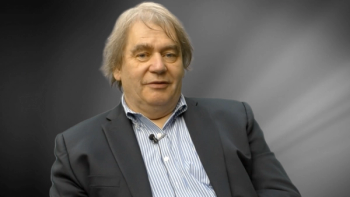
The director of the Comprehensive Multiple Sclerosis Center at Thomas Jefferson University discussed the concept of lymphocyte depletion to reset the immune system.

Patients under the age of 65 were not shown to derive benefit from DBS, but researchers noted that this doesn’t mean it is not helpful for older patients.
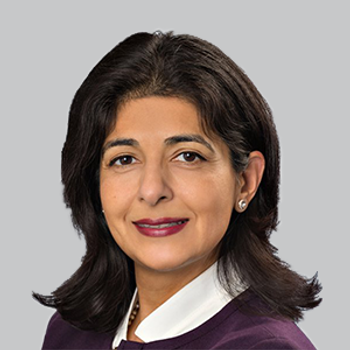
With more than a dozen available therapies, disease-modification in multiple sclerosis is entering a new era of development.
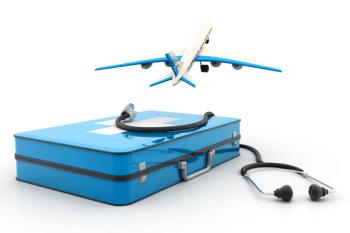
Stem cell tourism is a global problem. The top three conditions marketed by such clinics are MS, PD, and stroke-often peddling false hope to patients who are vulnerable, desperately searching for a cure.
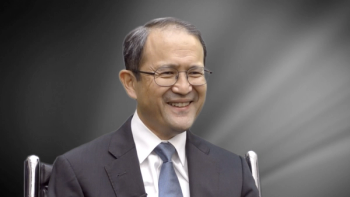
The smartphone application-led program, Floodlight Open, recently initiated in the US and Canada.
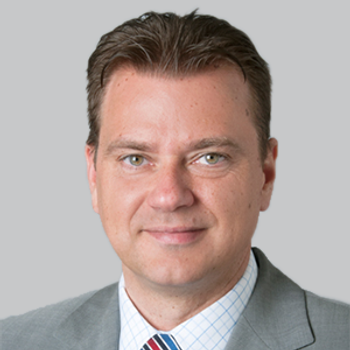
Results suggested that for every 1% of brain volume lost, a 51.7% increase in risk of clinically definite MS conversion was observed.
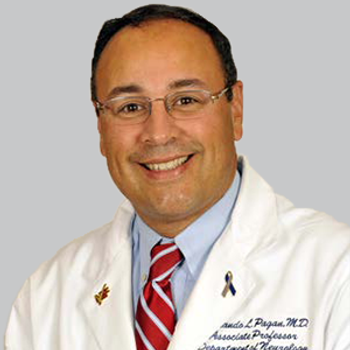
Several agents are currently in development geared at the relief of off-time for patients with Parkinson.
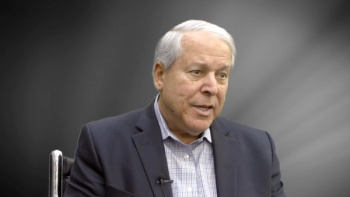
The goal of the free application is to make cognitive assessments routine in multiple sclerosis treatment.
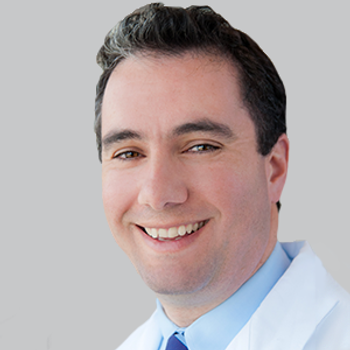
The next important area of therapeutic development in MS appears to be in disease damage repair.
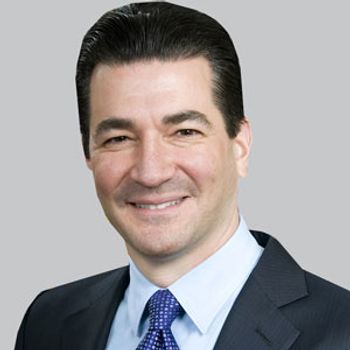
Cannabinoids are being explored in a variety of conditions, ranging from Alzheimer disease to migraine.

The monoclonal antibody has shown continued success up to 8 years in clinical trials.
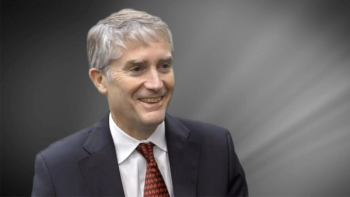
One of the highly debated topics at ECTRIMS 2018 was the use of the investigational biomarker, neurofilament light, in the clinic.

A novel mesenchymal stem cell therapy produced intriguing phase II data and has moved into a randomized, pivotal phase III clinical trial.
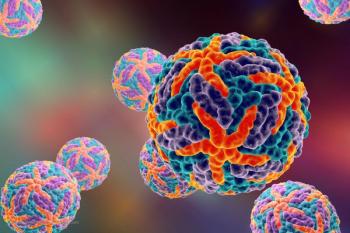
Dengue infection predominantly causes arthritis, fever, headache, and rash; hemorrhagic and neurologic manifestations may also result. What was the prognosis for this patient?
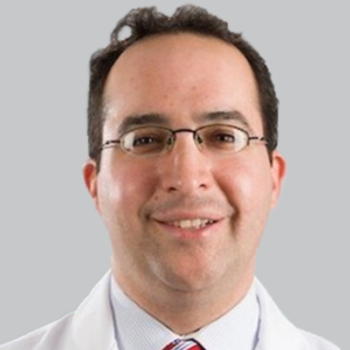
Physicians offer perspectives on newly approved products to prevent migraine.

Learn about the most insightful article Dr Lazzara has ever read in a research journal.
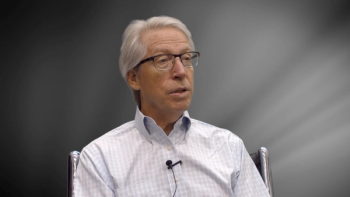
The professor of neurology at Colorado University spoke about the ongoing phase IV trial to determine the safety of DMT discontinuation in MS.
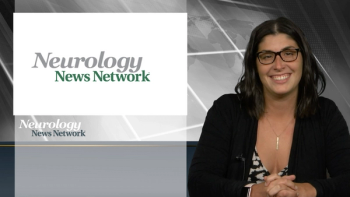
Neurology News Network for the week of Oct. 12, 2018.

Cellular therapies have the potential to make a meaningful difference for patients with neurological disorders, if used correctly.
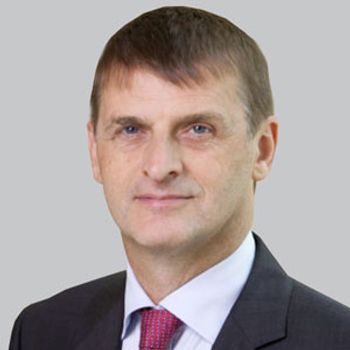
IncobotulinumtoxinA significantly reduced unstimulated salivary flow rate for patients with sialorrhea.
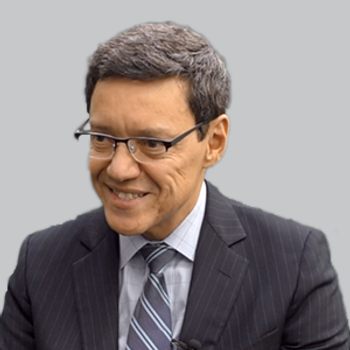
This marks the first time a BTK inhibitor showed a clinical proof-of-concept in relapsing MS.
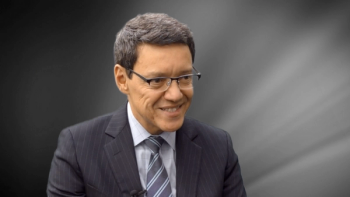
The Head of Global Clinical Development in Neurology at EMD Serono provided insight into the therapy's performance in phase IIb.

The director of Thomas Jefferson's Comprehensive Multiple Sclerosis Center spoke about the introduction of this treatment method into MS.

Patisiran maintained improvements in mNIS+7 and rapidly halted neurologic disease progression in hATTR amyloidosis.
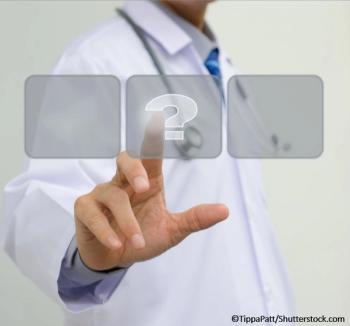
What differentiates migraine from underlying intracranial pathology that may require neuroimaging, like tumors, abscesses, aneurysms, or hemorrhages? Test your skills with this 5-question quiz.
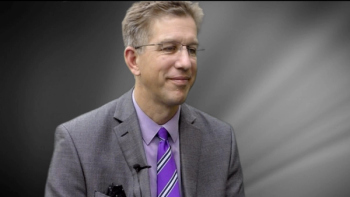
The staff neurologist at Cleveland Clinic’s Mellen Center for Multiple Sclerosis spoke about the current understanding of the biomarker.
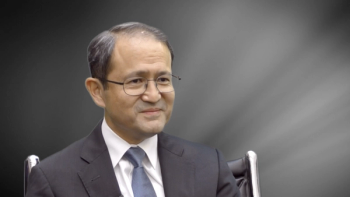
The Global Head of Neuroimmunology at Genentech discussed the upcoming phase III trial of ocrelizumab while on-site at ECTRIMS 2018.
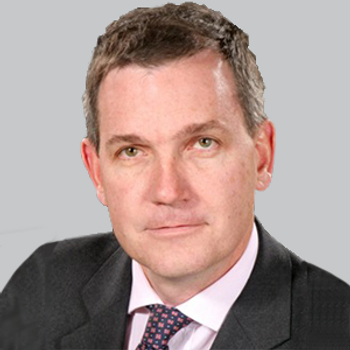
An updated safety analysis of the therapy in patients with relapsing MS, up to 10 years, has shown no new safety signals.